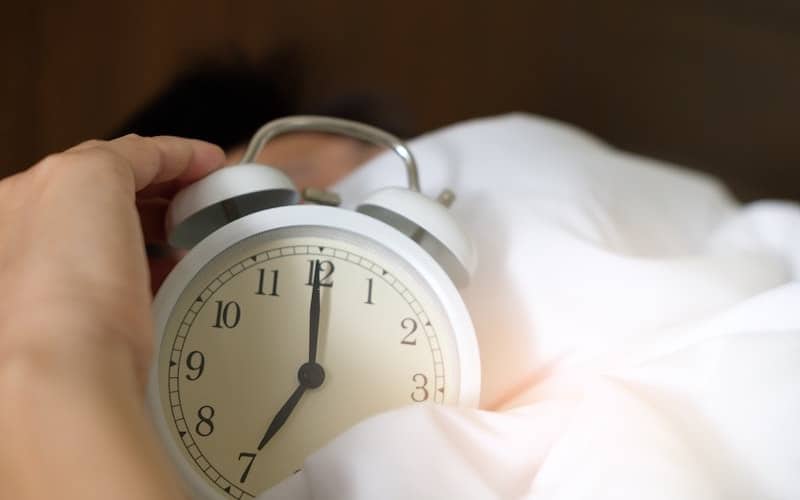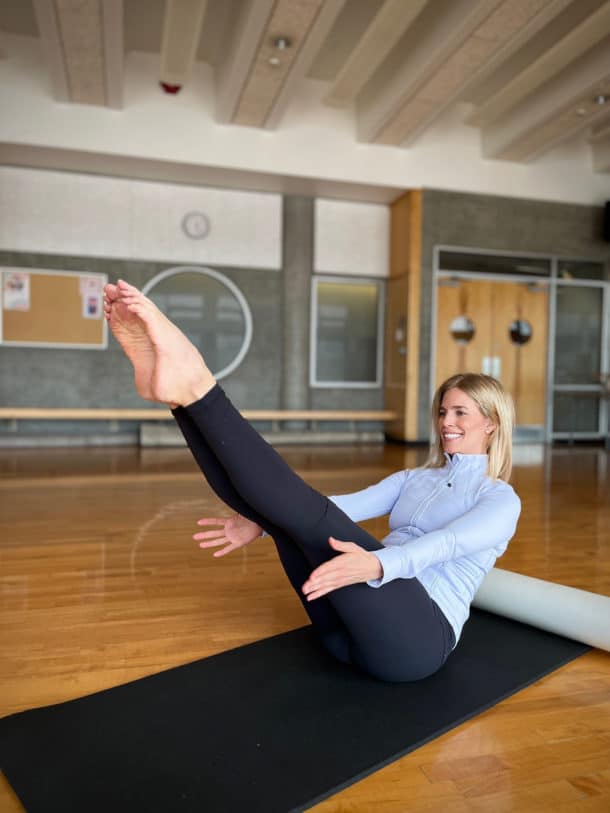Optimize your sleep for a healthier longer life.
Prioritizing sleep might seem like a luxury rather than an essential health habit, however a good nights rest is essential for good health.
Deep sleep helps to restore your brain, regenerate your skin, blood cells and blood vessels as well as repair damage to the DNA of neurons. All of which helps to improve memory and reduce your risk of neurodegeneration. Recent studies also suggest that it is one of the best ways to avoid the neurological effects of Covid 19 as well.
If you’re not sleeping well, here are simple things you can do to help optimize your sleep.
Five tips for optimizing your sleep
1/ Do physical activity in the morning
Longevity researchers recommend physical activity in the morning which includes, cardio, strength, flexibility and balance training for optimizing sleep.
If you prefer afternoon workouts and you’re sleeping well, you might want to stick with what you’re doing. According to Daniel Pink, author of the book When, when you workout affects your ability to form exercise habits, your workout experience and even your results. The main takeaway, working out later in the day is better than not working out at all.
2/ Limit caffeine in the second half of the day
Caffeine is a stimulate that according to the Cleveland Clinic can stay in your blood stream for 10 hours. Using that guideline, work back from your routine bedtime to figure out your caffeine cutoff time.
To reduce your caffeine consumption, wait an hour after drinking a caffeinated beverage before you have another drink. It reportedly takes an hour for caffeine to get into your bloodstream. If you consume too much too quickly, you might be consuming more than you need.
Try taking a quick nap after your afternoon cup. Cccording to Daniel Pink, taking a nap after consuming caffeine can help you wake feeling more bright eyed and bushy tailed.
3/ Keep the temperature below twenty-two degrees Celsius
A cool room is better than a warm room for sleep. David Sinclair, the author of Lifespan, also recommends reducing the number of covers used to put healthy stress on your body. If that seems daunting, try bedding made to regulate your temperature.
4/ Eliminate light and noise in your bedroom.
Think of your bedroom as a recharging place for you. Put away your phone, computer and turn off your television well before your bedtime. Close your door and use blackout shades if possible to block exterior light and noise. You might even want to invest in a sleep pod.
5/ Refresh your bedding and mattress.
Get comfortable between the sheets by refreshing your mattress and bedding. A regular refresh can make all the difference in how you sleep and feel the next day.
If these measure fail to improve your sleep, try using a wearable to track your sleep and to get personalize tips for enhancing your sleep quality. If nothing works, consult your physician about changes in your mind and body that may be effecting the quality of your sleep.
Contact Us
We're interested in partnerships with brands that share our interests and values.
Create a Free Account
Receive weekly emails with workouts, tips & offers to help you live more vibrantly.



